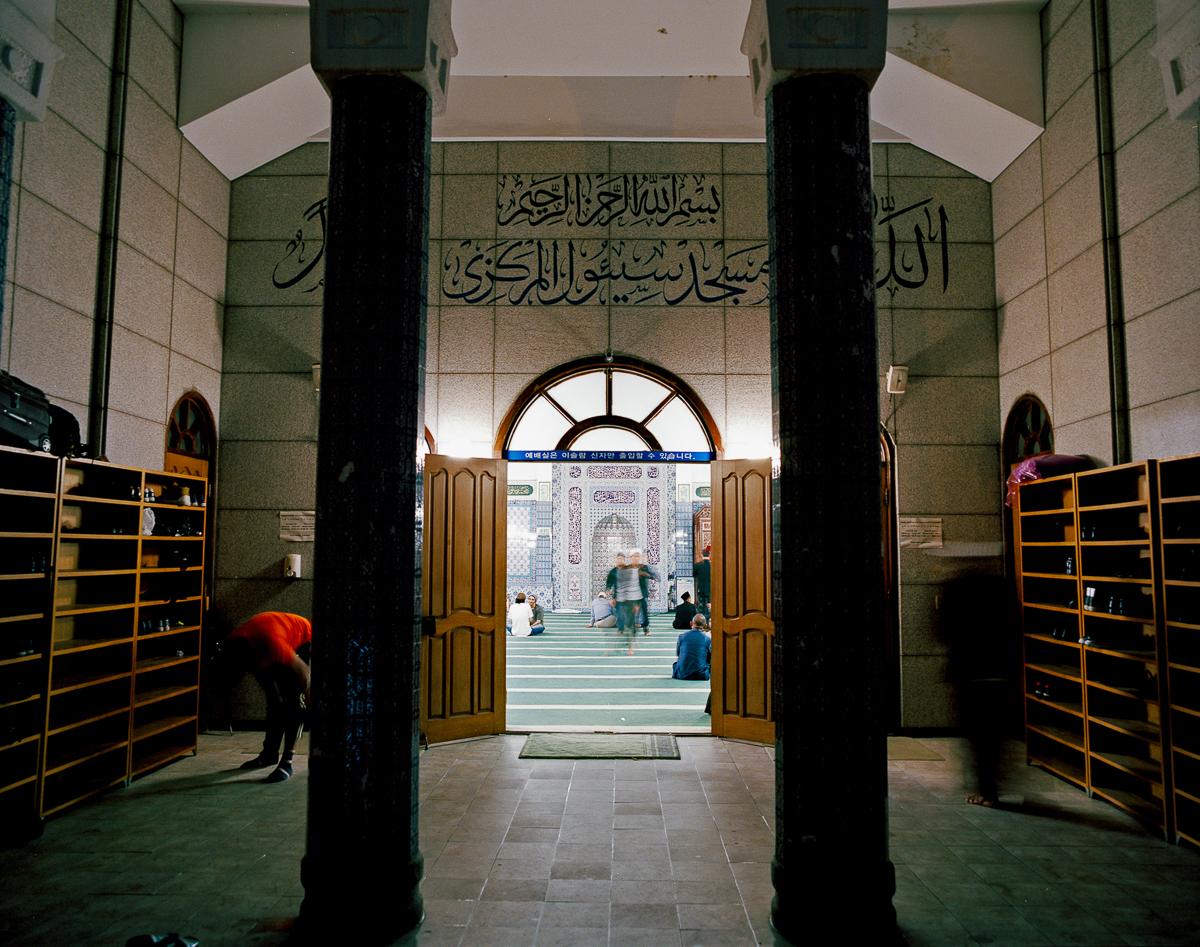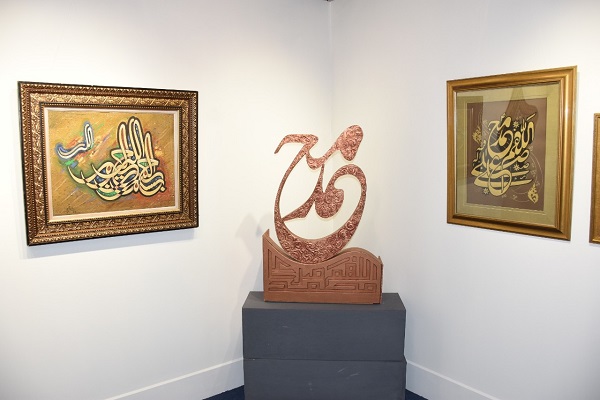According to rahyafte (the missionaries and converts website):Muhammad Asad, born Leopold Weiss on July 2, 1900, in Lwów, Poland (then part of the Austro-Hungarian Empire), was a remarkable figure in the 20th century, known for his transformative journey to Islam and his significant contributions as a writer, translator, and scholar of Islam.
Early Life and Background:
Leopold Weiss was born into a Jewish family, and he grew up in a secular environment. His early years were marked by a strong curiosity about the world and a love for languages. He worked as a journalist and traveled extensively as a foreign correspondent, which allowed him to explore diverse cultures and societies.
Discovery of Islam:
Weiss’s travels took him to various parts of the world, including the Middle East, where he had the opportunity to study and interact with Muslims. It was during these journeys, particularly in British-controlled India, that he encountered Islamic culture, philosophy, and spirituality.
His quest for understanding led him to read the Quran and other Islamic texts, sparking a profound intellectual and spiritual transformation. Struck by the teachings of Islam and its message of monotheism, he decided to embrace the faith.
Conversion to Islam:
In 1926, Leopold Weiss formally converted to Islam, taking the name Muhammad Asad. His conversion was not only a personal spiritual choice but also the beginning of a journey to bridge the gap between the Islamic world and the West.

Literary Contributions:
Muhammad Asad’s knowledge of multiple languages, including Arabic, English, and German, allowed him to become an influential writer and translator. His most notable work is his translation and commentary on the Quran, titled “The Message of the Quran.” This translation is highly regarded for its clarity and deep understanding of the Quranic text.
In addition to his Quranic translation, Asad authored several books, including “The Road to Mecca,” an autobiographical account of his conversion journey, and “Islam at the Crossroads,” a comprehensive work on Islamic reform and revival.
Philosophy and Islamic Thought:
Muhammad Asad’s writings explored the intersections of philosophy, spirituality, and Islamic thought. He emphasized the importance of ijtihad (independent legal reasoning) and the dynamic nature of Islamic jurisprudence. His ideas on the relevance of Islam in the modern world continue to influence contemporary Islamic thinkers and scholars.
Diplomacy and Advocacy:
Asad also served as a diplomat for Pakistan after its creation in 1947. He represented Pakistan in various capacities, including as its envoy to the United Nations. His diplomatic career allowed him to advocate for the interests of Pakistan and the Muslim world on the global stage.
Legacy:
Muhammad Asad’s life journey, from a secular Jewish journalist to a devout Muslim scholar and diplomat, remains a testament to the transformative power of faith and intellectual curiosity. His contributions to Islamic literature, particularly his Quranic translation, continue to be widely read and appreciated by Muslims and non-Muslims alike. His work has left an enduring impact on Islamic scholarship and intercultural understanding, promoting dialogue and mutual respect between the Islamic world and the West.




















